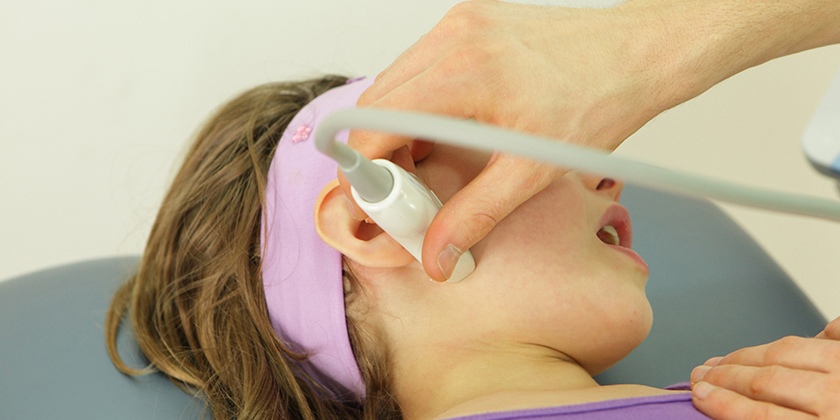Temporomandibular or TMJ disorders refer to problems associated with the TMJ joint. The TMJ is the joint that connects the lower jaw to the skull. This joint can be felt when you place your fingers in front of your ears and feel the movement when you open or close your mouth. TMJ disorders often lead to great discomfort, which is worse when it comes to kids because they often cannot understand what is going on. Kids might also not be able to communicate to you effectively about the problem and being aware of the symptoms of TMJ disorders and what to do about it becomes crucial.
What Causes TMJ Disorders in Children,
Although scientists are not completely certain what causes TMJ disorders, there is consensus around some of the things that contribute to the likelihood of developing TMJ disorders. One of those is bruxism or the habit of clenching or grinding one’s teeth. It is thought that this behavior wears out discs in the joint which in turn causes pain whenever the joints move. Other factors that contribute to an increased likelihood of TMJ disorders is the presence of other dental problems such as a bad bite; joint problems such as arthritis or the presence of any one of the many muscle disorders.
Identifying TMJ disorder in Children
When a child is suffering from TMJ disorders, one of the telling symptoms is pain when there is any jaw movement. Your child might also complain of headache, neck pain and a stiff jaw. Chewing food or sometimes even just opening the mouth becomes a painful process. If you are close enough to the child, you might hear popping sounds when the child moves the lower jaw. It is also possible that the child’s jaw may be locked open or shut. If your child complains of these symptoms, chances are that they may have developed a TMJ disorder.
See a Specialist Immediately
Like most disorders, TMJ disorders become progressively worse the longer they remain untreated. It is therefore critical that you book an appointment with a dentist as soon as you identify the TMJ disorder symptoms in your child. The dentist is likely to conduct an oral examination of the child’s as well as run a couple of imaging tests to confirm the diagnosis. If TMJ disorder has caused the child’s jaw to lock shut or open, this might qualify as a dental emergency and you should rush him or her to the hospital as soon as possible. Getting the joint to work again might require the child to be sedated so as to allow the doctors to work the joint open or shut.
How TMJ Disorders are Treated
Treatment of TMJ disorders varies from patient to patient depending on many factors including the magnitude of the problem. For some kids, the dentist might ask that the child rests his or her jaw for a few days. If the problem is caused by a bad bite, the dentist might put the child on a medical process to solve the underlying problem. As your child recovers, you should ensure that they eat only soft foods. You should also discourage them from clenching or grinding teeth. Icepacks can also help reduce some of the discomfort.
Prompt treatment is essential in treating this condition. If you suspect your child has a TMJ disorder, reach out to an experienced dentist such as Dr. Alex Rubinov of New York City. Dr. Rubinov has years of experience working with children and is one of the leading dentists in New York City. Get in touch with his practice at (718) 253-0800 for an appointment.

